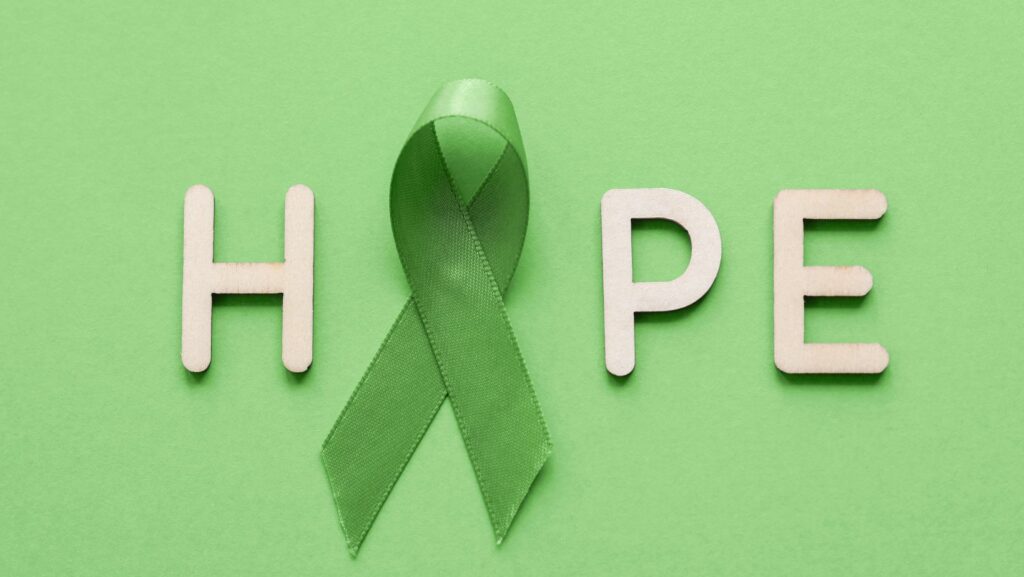In today’s fast-paced world, mental health has emerged as a cornerstone of overall well-being. Yet, despite its importance, misinformation and stigma still cloud the public’s understanding of mental health issues. This article aims to shed light on the essential mental health information, breaking down complex topics into understandable insights. By exploring the latest research, treatment options, and strategies for maintaining mental wellness, readers will gain a comprehensive view of what it means to care for one’s mental health in the modern age.
Mental Health Information
 In the realm of mental health, the accuracy of information can’t be overstated. Correct, evidence-based facts help destigmatize mental health conditions, guiding individuals toward appropriate treatments and support systems. This accuracy empowers those affected to make informed decisions about their health and well-being. Reliable data supports early intervention, which is critical in managing mental health issues effectively before they escalate.
In the realm of mental health, the accuracy of information can’t be overstated. Correct, evidence-based facts help destigmatize mental health conditions, guiding individuals toward appropriate treatments and support systems. This accuracy empowers those affected to make informed decisions about their health and well-being. Reliable data supports early intervention, which is critical in managing mental health issues effectively before they escalate.
Accurate information also plays a vital role in the education of the general public, fostering a community that’s supportive and understanding. It counters myths and misconceptions, paving the way for a more inclusive society. In considering the evolution of mental health discussions, the commitment to providing precise, timely information remains paramount, ensuring that the conversation is both constructive and progressive.
Sources of Mental Health Information
Given the importance of timely and accurate information for managing mental health, identifying reliable sources is paramount. These sources offer evidence-based facts, crucial in combating misinformation and aiding early intervention. Highlighted below are primary channels for obtaining precise mental health information.
Professional Organizations
Organizations such as the American Psychological Association (APA) and the World Health Organization (WHO) provide up-to-date research findings and guidelines. These bodies ensure that the information reflects the latest scientific evidence, making it invaluable for individuals seeking to understand mental health issues better.
Healthcare Providers
Doctors, psychologists, and mental health professionals offer personalized advice and information based on individual health profiles. Consulting healthcare providers ensures access to tailored guidance, enhancing the effectiveness of treatment and management plans.
Academic Journals
Journals specializing in psychology and psychiatry publish peer-reviewed articles, presenting new research and insights into mental health disorders. These publications are a rich source of detailed and technical information for individuals looking for in-depth understanding.
Online Resources
 Websites operated by reputable health organizations provide accessible information for the general public. These platforms often include FAQs, articles, and toolkits designed to educate and support individuals dealing with mental health issues.
Websites operated by reputable health organizations provide accessible information for the general public. These platforms often include FAQs, articles, and toolkits designed to educate and support individuals dealing with mental health issues.
Connecting these sources, individuals acquire the knowledge necessary for proactive mental health management. Emphasizing reputable sources ensures the information is accurate, contributing to better informed decisions regarding mental well-being.
Evaluating the Credibility of Mental Health Information
When seeking mental health information, evaluating the credibility of sources is crucial. This ensures that individuals make decisions based on accurate and reliable data. Here are key strategies:
Check the Author’s Credentials
Identify authors’ qualifications, including their education, professional titles, and affiliations with reputable institutions. Experts from recognized entities, such as the American Psychological Association or the World Health Organization, typically provide trustworthy content.
Analyze the Source’s Objectivity
Look for information from sources that aim to educate without bias. Academic journals and government health websites offer peer-reviewed articles and research findings, making them reliable choices.
Verify Updated Content
 Ensure the information is current, as mental health science evolves rapidly. Articles or studies citing recent research, preferably within the last three to five years, are more likely to offer up-to-date insights.
Ensure the information is current, as mental health science evolves rapidly. Articles or studies citing recent research, preferably within the last three to five years, are more likely to offer up-to-date insights.
By scrutinizing the author’s credentials, checking for unbiased reporting, and confirming the timeliness of the information, individuals can navigate the vast amounts of mental health information with confidence, leading to informed decisions about their well-being.
Mental Health Information and Stigma
Arming oneself with accurate mental health information is a powerful step toward dismantling stigma and fostering a supportive environment for everyone affected. It’s essential to prioritize reliable sources and critical evaluation techniques to sift through the vast amount of data available. This approach not only enhances personal well-being but also contributes to a more informed and empathetic society. As the dialogue around mental health continues to evolve, it’s crucial to keep the conversation grounded in facts and compassion. By doing so, we pave the way for significant strides in mental health awareness, acceptance, and treatment, ensuring that individuals feel supported and empowered to seek help when needed.

